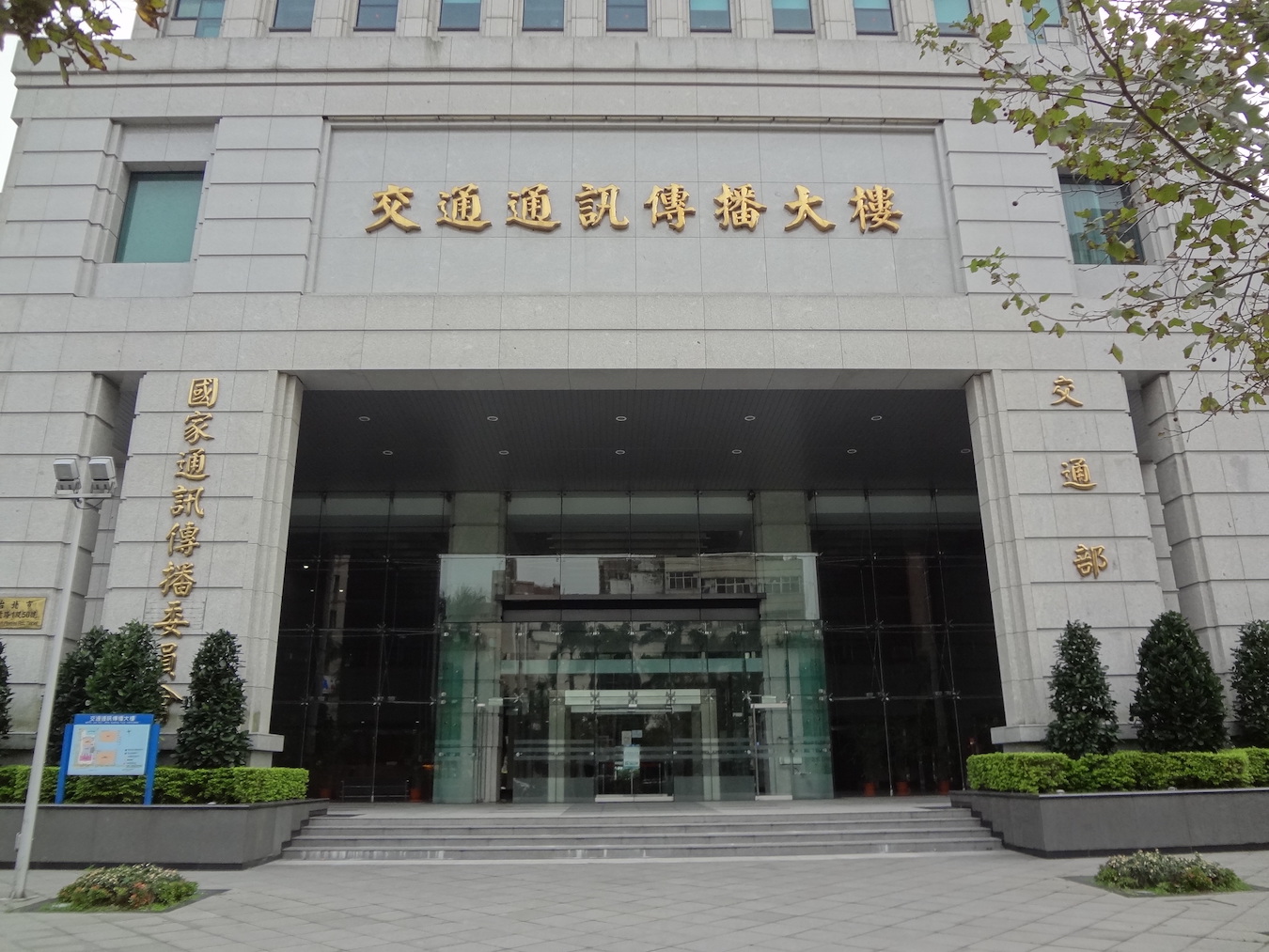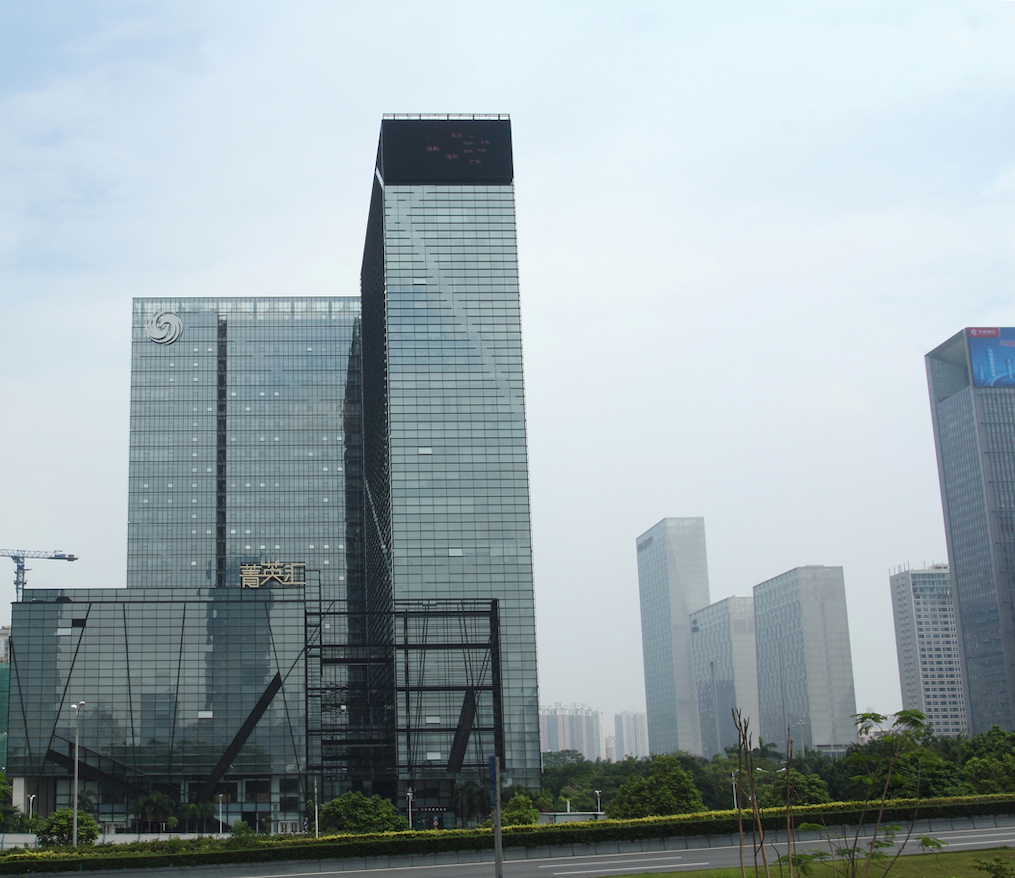by Brian Hioe
語言:
English
Photo Credit: Exploringlife/WikiCommons/CC
NEWS REPORTS state that Phoenix Television will be withdrawing from Taiwan in May, laying off its 25 employees on May 14th. This comes after the network has come under scrutiny for whether it can be considered Chinese state media, as raised by DPP legislator Liu Shyh-fang and others.
Phoenix Television, which is based out of Shenzhen and produces content primarily between Shenzhen and Hong Kong, has operated in Taiwan for 21 years, though the network was blocked from operating during some points of the Chen Shui-bian administration. Some reports suggest that Phoenix Television withdrawing from the Taiwan market occurs after failed negotiations with the Tsai administration and National Communication Commissions regarding its status.
According to the Act Governing Relations between the People of the Taiwan Area and the Mainland Area, if a Chinese person owns 30% of shares in a company, whether directly or indirectly through another company, the company is considered Chinese-owned. However, concerns have been raised about whether Phoenix Television can be considered directly owned by China’s State Council.
 National Communications Commission headquarters. Photo credit: Solomon203/WikiCommons/CC
National Communications Commission headquarters. Photo credit: Solomon203/WikiCommons/CC
The Mainland Affairs Council has labeled Phoenix Television as state-owned. Bauhinia Culture Holdings Limited, which is owned by the Chinese government, became the largest shareholder of Phoenix Television last year after purchasing 21% of the company’s shares. China Mobile, which is also owned by the Chinese government, owns 19.68% of Phoenix Television.
The purchase of Phoenix Television shares by Chinese state-owned enterprises took place after the withdrawal from the company of founder Liu Chang-le, after losses by the company.
However, Liu himself has strong ties to the Chinese government, seeing as he was a former officer in the People’s Liberation Army, then a journalist for state-run China National Radio. Liu subsequently served as a member of the National Committee of the Chinese People’s Political Consultative Conference. Other company officials also evidence a background with close links to the Chinese government or state-run media. Current board chairman Xu Wei was formerly a deputy director at Chinese Central Television and a Shanghai municipal government official.
Phoenix Television is generally considered pro-China in the slant of its coverage, though it is sometimes more liberal than other Chinese networks. At the same time, it may not be surprising to note that pan-Blue media has framed Phoenix Television as having unfairly come under assault from the Tsai administration.
Chinese media operating in Taiwan has become an object of controversy before. In July 2020, the Tsai administration expelled two Chinese reporters working for Southeast Television due to the fact that they were producing a talk show in Taiwan, though their visas were for reporting, rather than hosting and producing television programs.
Expulsions of Chinese reporters are rare in Taiwan, even with the Tsai administration in power. Chinese reporters being expelled from Taiwan did not ever become a major news event during the Tsai administration’s first term in office. Chinese media outlets are allowed to station correspondents in Taiwan and have been allowed to do so since 2000, when the previous DPP Chen administration was in power.
Although the DPP has historically been viewed as an independence-leaning party, this has not prevented the DPP from allowing Chinese media to operate in Taiwan. Tsai administration officials such as Presidential Official spokesperson Kolas Yotaka pointed out that the two reporters were expelled, but Southeast Television itself could keep operating. But after the incident, it was reported that in addition to Southeast Television, CCTV and Cross-Strait Television have set up studios in Taiwan, raising further questions about the possibility of Chinese media including state-run outlets producing television shows in Taiwan unregulated. For its part, China tried to frame the incident as the Tsai administration violating freedoms of speech.
The Tsai administration has also faced challenges regulating Chinese over-the-top (OTT) providers, who provide streaming services, that are operating in Taiwan. The Tsai administration banned Taiwanese companies or individuals from acting as local agents for Chinese OTT providers in August 2020, due to its inability to regulate them.
Chinese OTT providers have also been known to axe politically sensitive content from Taiwan in the past. In 2017, for example, iQiyi.com abruptly axed the broadcast of Days We Stared at the Sun 2, a Public Television Service television drama, because it is set during the 2014 Sunflower Movement, which erupted in opposition to a free trade agreement that the then-ruling Ma administration sought to sign with China. Statistics also suggest that the reach of Chinese OTT providers could be quite large, with iQiyi.com reported as having between two million and six million subscribers in Taiwan, roughly between 8% and 25% of Taiwan’s population.
The Tsai administration did not ban access to Chinese streaming services altogether, as this would infringe on freedom of speech. Yet legislation to ban Taiwanese companies and individuals from acting as representatives for Chinese OTT providers was rolled out alongside new restrictions on Chinese investment in Taiwanese companies from the Ministry of Economic Affairs. This proves illustrative of how concerns over Chinese OTT providers are related to broader concern over Chinese investment in media. However, he KMT has framed this as an assault on political freedoms.
More recently, concerns regarding Chinese investment in media companies operating in Taiwan occur in a similar timeframe to concerns about Chinese investment and resultant influence on large online shopping platforms such as Shopee.
 Phoenix Television building. Photo credit: wanghongliu/WikiCommons/CC
Phoenix Television building. Photo credit: wanghongliu/WikiCommons/CC
Nevertheless, where media is concerned, pro-China Taiwanese media outlets also have come under scrutiny for links to the Chinese government or due to Chinese funding. In April 2019, the Apple Daily also reported that the Want Want Group, which owns the China Times and CtiTV, received over 477 million Chinese yuan—just over 2 billion NTD—from the Chinese government between 2017 and 2018. After this report, the Want Want Group sought to sue the Apple Daily, as well as the Central News Agency, which also reported on Apple’s scoop, to silence them.
A report by the Financial Times in July 2019 stated that the Want Want Group, CTV, and CtiTV were directly seeking approval from China’s Taiwan Affairs Office (TAO) before running stories. Although the TAO did not interfere in all stories, the TAO was allowed to have a say in the placement of articles and their angle.
Indeed, links between Taiwanese media organizations and the Chinese government can sometimes be quite blatantly visible. In May 2019, over 70 representatives from Taiwanese media organizations visited Beijing for an event co-organized by the Beijing Newspaper Group and the Want Want Group. The event focused a great deal on cross-strait relations, with participants urged to aid the political unification of Taiwan and China, and involved participant organizations signing a cooperation agreement.
In this sense, Phoenix’s withdrawal from the Taiwan market and concerns about its status as Chinese state-owned media only scratches the surface of a much larger issue in Taiwan.

